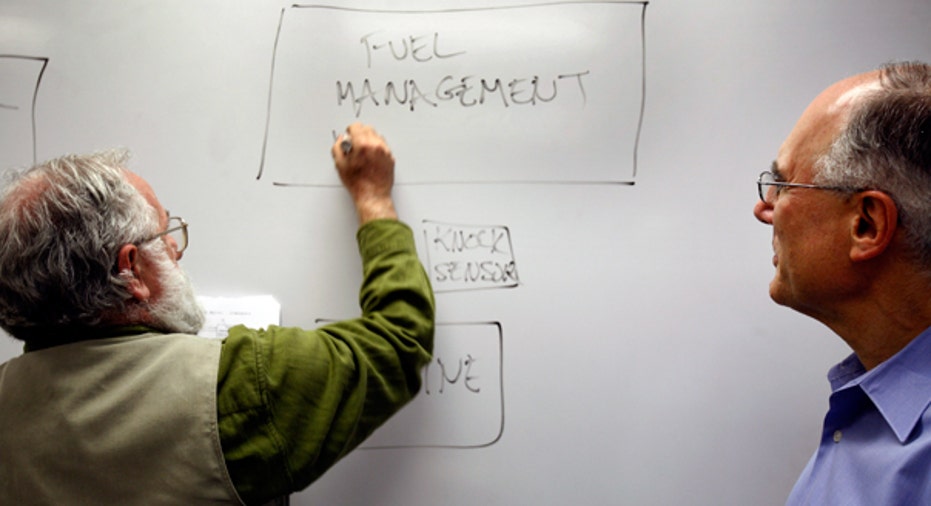What Entrepreneurs Can Learn From Corporate America

Maybe this is heresy in the era of the entrepreneur, but the truth is you can have an exciting, fulfilling, and lucrative career by getting a real job and climbing the corporate ladder. Millions of people do. I did.
Not only that, but it's the best way I know to expose yourself to ideas and opportunities in whatever field you're passionate about, gain critical insights and lessons from a lot of really smart people, and learn how things work in the real world.
Look, I work with loads of entrepreneurs and small business owners and I'm sorry to say that most of them lack the practical knowledge and skills that are essential to becoming a successful entrepreneur.
Unfortunately, they're so predisposed to figuring it all out on their own, I'm afraid that far too many will wake up in their 40s or 50s and realize they're still coming up the learning curve.
On the other hand, if you spend ten or more years working for a great company known for grooming up-and-comers and maybe a startup or two, you can learn everything you need to know to make it on your own and position yourself for entrepreneurial success.
How to raise capital and develop a network of VCs. Sure, I spent 23 years in the corporate world. That is a long time. But I participated in two IPOs, helped to raise several rounds of funding, and have a Rolodex full of angels, venture capital firms, research analysts, private equity companies, and investment bankers. Was it worth it? Hell yes.
Everything you need to know about finance and operations. I took a few classes towards an MBA but I was learning so much more, so much faster, on the job that I quit. Instead of getting a business degree, try putting your energy into climbing the ladder, learning how to manage an operation, learning about P&L and balance sheets, and making big bucks while you're at it.
Essential management and leadership skills. Everything I know about management and leadership, all the insights I use in my management consulting practice and writing, comes from decades of experience managing and leading in the real world. I learned what works and what doesn't work from hundreds of experienced executives. And I learned about people: how to motivate them, organize them, galvanize a team, and create a whole that's greater than the sum of its parts.
The fundamentals of marketing strategy. Corporate and product positioning, value proposition, competitive positioning, market segmentation, promotion strategy, how to make a big splash on a shoestring budget, and what it really takes to enter an established market and gain market share over entrenched competitors. Those are all key concepts for any business owner. You'll be far more effective learning them on the job than from books.
How to sell, negotiate, and work with customers. If you want to get anywhere in the corporate world, you have to learn how to sell. How to sell yourself to get jobs and promotions and negotiate compensation. How to sell your ideas for programs and negotiate budgets. And, if you so choose, how to sell to a world of multinational and international companies. After all, it's a global market and corporations have money to send you there. I flew millions of miles and worked with dozens of companies like Samsung, Toshiba, IBM, and Microsoft. You can't put a price on that.
How to be an effective communicator and develop an executive presence. In the corporate world anyone who wants to get anywhere has to learn to present and write effectively. It's the best proving ground I know for learning soft skills.
Everything else you need to know to make it on your own. How to focus, prioritize, multitask, problem solve, manage stress, and a host of other practical concepts that will serve you well when you're on your own and have to wear a dozen hats. I learned all that in my first ten years in the corporate world.
The truth is that I learned everything I know about entrepreneurship and business from working for other people. I started out as a little fish in a big pond, then a big fish in a little pond, and ultimately, a big fish in a big pond. Now I swim in my own little pond. And it feels great.
This column originally appeared on Inc.com.



















